Meta Platforms, under the leadership of CEO Mark Zuckerberg, has ignited a fierce battle for artificial intelligence (AI) talent, offering compensation packages that have stunned Silicon Valley and the global tech industry. In 2025, Meta’s aggressive hiring spree has seen the company extend offers to AI experts that rival the pay of professional athletes and Fortune 500 CEOs—and even Zuckerberg himself.
Zuckerberg reportedly maintains a “literal list” of AI all-stars he is targeting for Meta’s new Superintelligence Labs, which is tasked with consolidating Meta’s foundational AI research and product development. Zuckerberg’s goal is to build advanced AI reasoning models and agents that can compete at the highest level. The list includes top engineers and researchers with the rarest, most valuable skills in the tech hiring market: those two words “artificial” and “intelligence.” Meta’s aggressive recruitment is driven by the need to catch up with rivals such as OpenAI, Google, and DeepSeek, especially after the tepid reception of Meta’s Llama 4 AI model.
- Top-tier AI researchers at Meta are reportedly being offered total compensation packages of up to $300 million over four years, with some initial year earnings exceeding $100 million. These deals typically include a mix of base salary, stock grants (often vesting immediately), and substantial signing bonuses.
- A recent report on an eye-popping compensation package turning heads is a $200 million deal, stretching over several years, for former Apple executive Ruoming Pang, who Bloomberg reports is joining Meta’s “Superintelligence team.
- For context, the highest-paid research engineers at Meta can earn up to $440,000 in base salary, while software engineers can reach $480,000. These figures exclude stock options and bonuses, which can double or triple the total package.
- Research scientist compensation at Meta ranges from $305,000 per year for mid-level roles to $581,000 for senior positions, with median annual pay around $400,000.
- OpenAI CEO Sam Altman has confirmed the aggressive offers, saying on the “Uncapped” podcast: “They (Meta) started making giant offers to a lot of people on our team, you know, like $100 million signing bonuses, more than that (in) compensation per year.” Other reports push back on the notion that these offers include signing bonuses, while still saying that quite a lot of money is being offered to researchers with AI expertise.
High-Profile Hires
- Ruoming Pang: Formerly Apple’s head of foundation models, Pang was lured to Meta with a pay package reportedly exceeding $200 million. Pang led Apple’s AI team responsible for developing large language models powering Apple Intelligence and other features. His move marks a significant blow to Apple and underscores Meta’s willingness to pay “tens of millions of dollars per year” for elite talent.
- Alexandr Wang: The former CEO of Scale AI, Wang was recruited to serve as Meta’s chief AI officer. His hiring was part of a $14.3 billion investment in Scale AI, and he now co-leads Meta’s new Superintelligence Labs.
- Nat Friedman: The ex-CEO of GitHub, Friedman joined Meta to help lead the Superintelligence Labs alongside Wang. He and Daniel Gross most recently led a venture capital fund, NFDG, that backed a number of prominent AI companies, most notably former OpenAI Chief Scientist Ilya Sutskever’s Safe Superintelligence, as well as Perplexity and Character.ai.
- Daniel Gross: In addition to running NFDG with Friedman, Gross served as CEO of Safe Superintelligence, Gross was also brought on board to strengthen Meta’s AI leadership.
Silicon Valley’s AI Talent Wars
Meta’s massive bet on AI talent is reshaping the landscape of tech compensation and intensifying the global race for artificial intelligence supremacy. The offers are so lucrative that they have prompted OpenAI’s leadership to recalibrate their own compensation strategies and express concern over the impact on company culture. Zuckerberg’s personal involvement in the recruitment process has been widely reported. He has been directly reaching out to top AI talent, hosting potential hires, and making offers that have blindsided competitors.
All of these compensation packages far exceed Zuckerberg’s own base salary, which is a symbolic $1, and Zuckerberg does not receive bonus compensation or stock awards. His perks include a pre-tax allowance for personal security, which came to $14 million in 2024, personal use of private aircraft, which came to roughly $2.6 million in 2024, and his massive horde of Facebook stock, which puts him at number two on the Bloomberg Billionaires Index with a net worth of $256 billion. As of 2024, Zuckerberg stood to make $700 million per year from Meta dividend payments alone.
For this story, Fortune used generative AI to help with an initial draft. An editor verified the accuracy of the information before publishing.
This story was originally featured on Fortune.com

 3 hours ago
1
3 hours ago
1




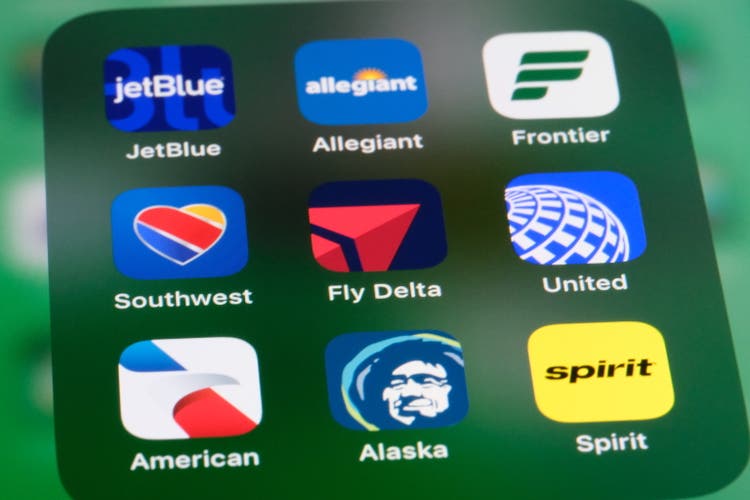
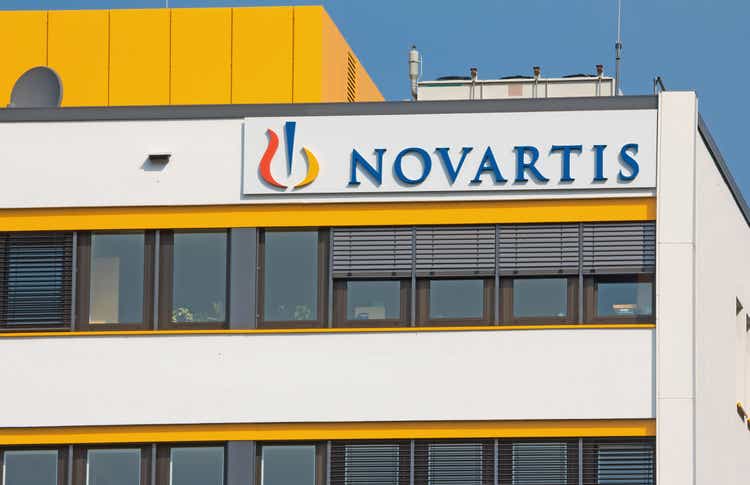

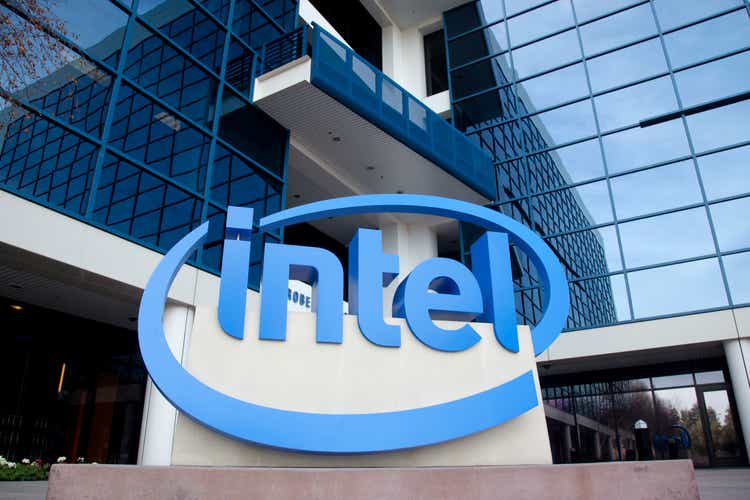







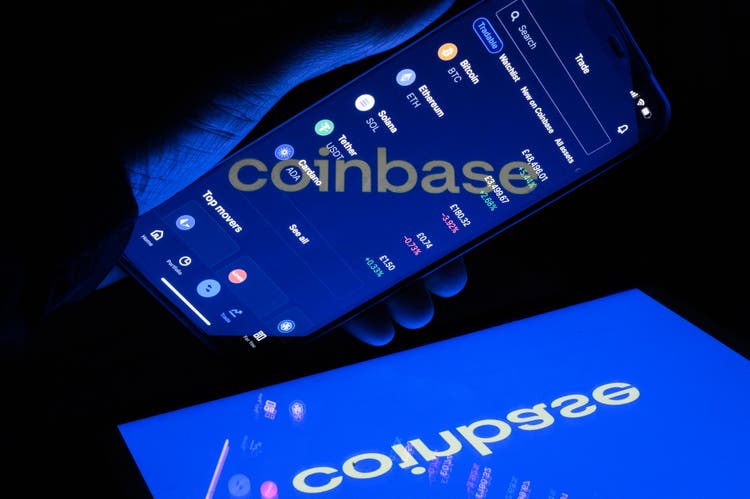
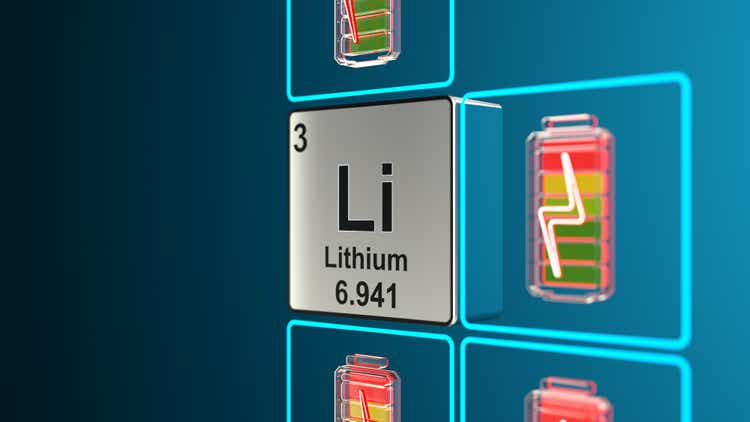

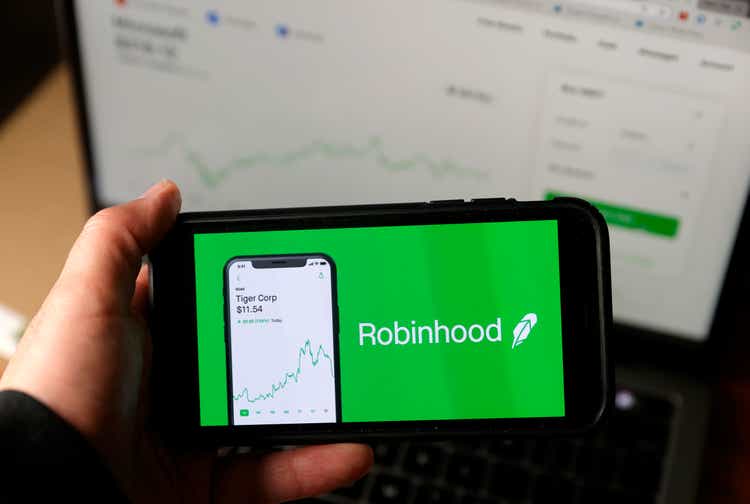
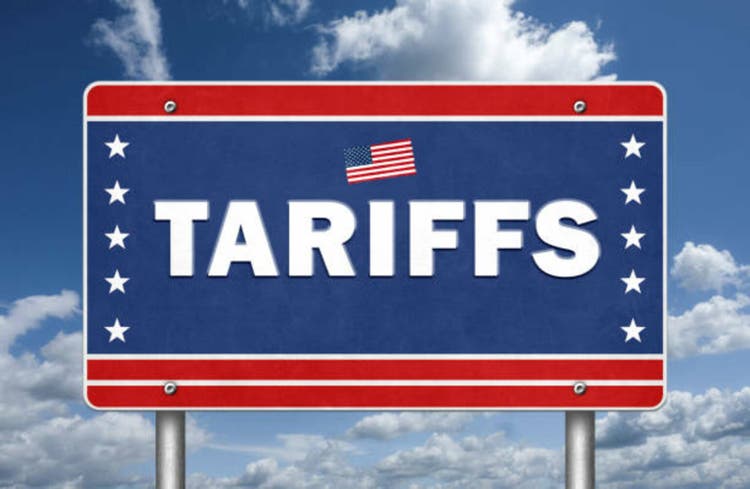


 English (US) ·
English (US) ·